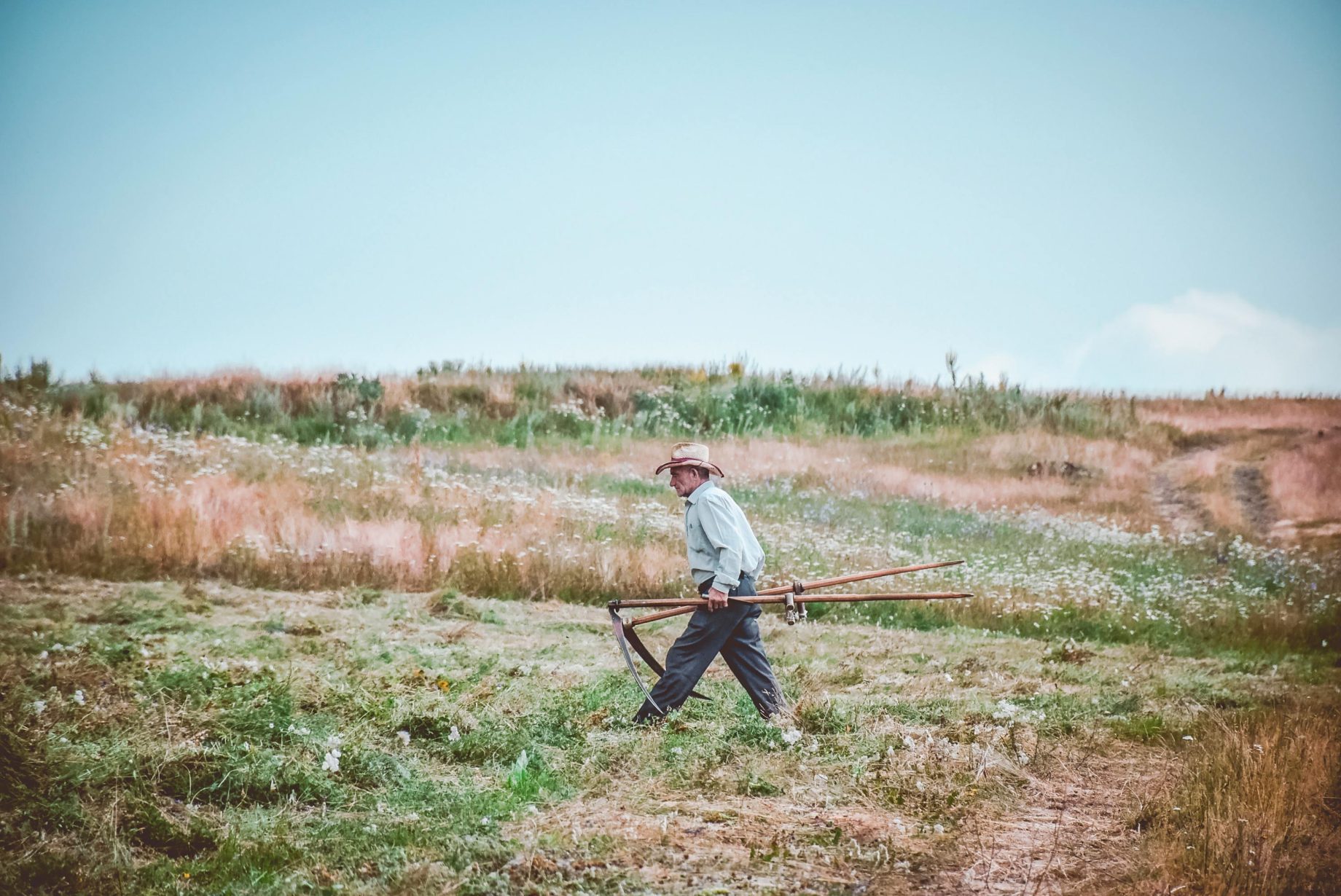Paddocks and milking sheds are producing record profits, but the people behind them are not thriving. Farmers are contending with a mental health crisis that shows no signs of easing across rural New Zealand despite growing awareness and support initiatives.
Federated Farmers President Shares Personal Mental Health Journey
Federated Farmers president Wayne Langford knows the cost of mental strain firsthand. His eight-year struggle with depression came quietly, he said, until it overwhelmed every aspect of his life. “It’s amazing how it creeps in. It affects your farm, your family and your entire life,” Langford said.
“I describe it creeping in like a fog — all of a sudden you find yourself in a bit of a mess and you need help to get out.” His turning point came outside the farm gate. “The key for me was getting off farm, spending time with kids and family,” he said.
Investment in Rural Support Infrastructure
The Rural Support Trust has secured $3 million in new funding spread over four years with rural mental health in the spotlight. The announcement has been met with relief from those coordinating frontline support. “We are immensely grateful for the funding and it means our rural people will be better supported,” said chair Michelle Ruddell.
“We are going to be able to deliver our core work — it’s one on one, free, impartial and at a time and place that suits them.” The Trust faces ongoing constraints in specialist staff availability despite the increase.
Specialist Workforce in Short Supply
Clinical psychologist Sarah Donaldson, who works with the Trust, said demand for help is high — but the workforce isn’t keeping pace.
“Our largest proportion for referrals is distress — from mild through to acutely suicidal,” Donaldson said. “There are greater risk factors in the rural sector unfortunately — huge workloads, isolation, work and home are all wrapped up in one bundle and there’s lots riding on it.”
Donaldson warns the country lacks a structured pipeline for training professionals in rural mental health. “We need more people that have some clinical training that can be attached to rural support or do outreach services,” she said. “There are people scattered around the country but there’s no specific channel to train in rural mental health currently.”
Government Response and Funding Allocation
Mental Health Minister Matt Doocey has acknowledged the issue, pointing to workforce shortages as a major barrier. “But let’s be very clear, one of the biggest barriers to people accessing timely mental health and addiction support is too many workforce vacancies,” he said.
Doocey noted that clinical internship places are being expanded from 30 to 80 by 2027. The government is also investing another $3 million through the Ministry for Primary Industries and $2 million into the Rural Wellbeing Fund in addition to the $3 million for the Rural Support Trust.
Cultural Barriers to Help-Seeking Remain
While funding and staffing pose hurdles, attitudes may be the toughest obstacle. “Looking after our mental health is really hard and it often gets left behind,” said Rural Support Trust chair Michelle Ruddell. “Our rural people not only struggle to ask for help on a day to day basis, but actually don’t often ask for help very often for their own wellbeing.”
“It’s a challenge the group is up for,” she said. “They’re determined to reach more farmers in every nook and cranny of Aotearoa.”












